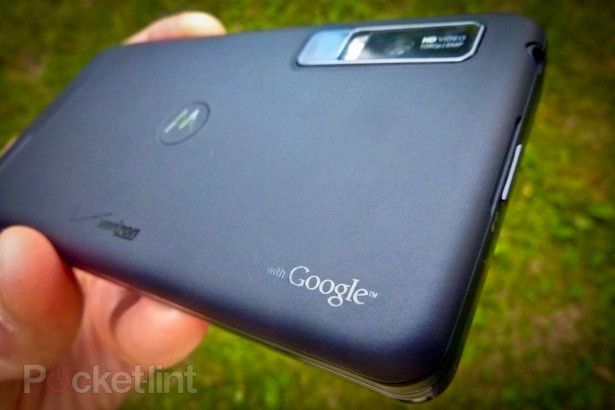Google has been given US and European permission to purchase Motorola Mobility for $12.5 billion (£7 billion), marking major acquisition of patents for the search engine giant.
Company regulators have said they will be monitoring the deal closely, ensuring the rest of the market can obtain licensing for technology at fair prices.
As it stands Motorola owns some 17,000 patents and has 7,500 patent applications, its sale granting Google the rights to a major chunk of the tech used in the current market.
The purchase is yet to be signed off in Israel, China and Taiwan. They have until 20 March to make a decision on the buyout or can begin a third phase of review.
The $12.5 billion dollar deal is hugely important for Google, who's Android operating system has become so popular in the mobile market. Gaining access to Motorola's vast patent library will help Google defend the OS against patent litigation.
The purchase of Motorola isn't just about patents however, it gives Google a readily established manufacturing network. This means we may start seeing Google-only branded hardware, as opposed to things like the Galaxy Nexus, which carries both Samsung and the search engine's name.
Google had previously attempted to purchase patents from Nortel, which would have created a similar situation. However, this has been won by a consortium of competitors, including Apple and Research in Motion.
The never-ending patent litigation between tech companies has led in some cases to investigations into breach of antitrust laws. Samsung's incessant battling with Apple for example, has brought its legal procedures into question and how they deal with EU antitrust rules.
The exciting stuff is not so much a possible end to tech company squabbling, more the knowledge that Google will finally have a proper in-house hardware producer. It means a closer relationship with Android and the devices it appears on as well as next-generation Nexus handsets being put together entirely by Google.
Do you think the deal should be given the go ahead? Let us know in the comments below ...

